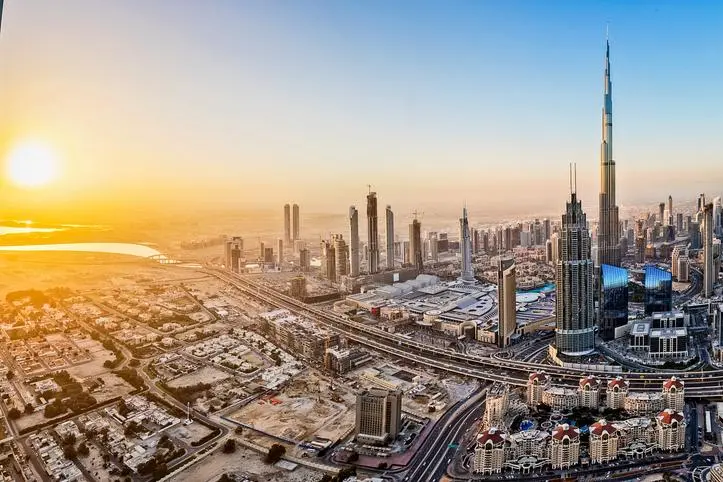PHOTO
UAE - The surplus is expected to continue into 2019 at one per cent of the GDP as higher-than-expected oil prices offset an uptick in government spending aimed at propelling non-oil gross domestic product growth, the International Monetary Fund’s country mission chief said, according to The National.
The Government is forecast to post a surplus of about 0.5 per cent of GDP in 2018, from the IMF's previous fiscal deficit estimate of 2.2 per cent, "largely because of the increase in oil prices that are projected for this year and also oil prices are expected to be higher than earlier in 2019. Over the medium term they are going to come down below $60 per barrel,” according to said Natalia Tamirisa, Assistant to the IMF’s Director of the Research Department.
The UAE is boosting spending this year to help spur non-oil growth, following a stagnation in oil GDP due to the compliance of OPEC members to curb output. The plunge of oil prices from the mid-2014 high of $115 a barrel to less than $30 a barrel in 2016 saw The Emirates and other Arabian Gulf countries swung to deficits in the last three years, though global oil cuts and geopolitical tensions have helped shore up Brent prices, which reached $78 a barrel last week, which will help Gulf countries narrow fiscal deficits or post surpluses, The National said.
These higher oil prices and non-oil growth fuelled by increased government spending are expected to increase UAE growth to two per cent in 2018 and 3.6 per cent 2019, compared with an estimated growth of less than one per cent 2017, according to IMF estimates, while non-oil GDP grew less than three per cent last year and the oil GDP declined by 2.8 per cent. Phasing out of the global oil output cuts is expected to help raise oil GDP to three per cent next year, compared with zero this year and growth of the non-oil economy will rise above three per cent this year and close to four per cent next year.
Tamirisa added that in the run-up to Expo 2020 Dubai is increasing expenditure and Abu Dhabi is furthering public spending after few years of austerity aimed at narrowing the fiscal deficit. Risks to overall growth in the UAE include geopolitical tensions, faster than expected increase in global interest rates, and a weak domestic property market. Revenue-raising measures that have helped tame the fiscal deficit include removing fuel subsidies in 2015, introducing excise tax on tobacco and energy and fizzy drinks in October last year, and implementing a five per cent VAT in January this year, under a framework agreement with the other GCC member countries.
Despite a 4.8 per cent hike in inflation in January following the introduction of VAT, it has since eased to 3.4 per cent in March and the IMF has forecast an inflation rate of 3.5 per cent for this year and 2.5 per cent next year as the VAT impact moderates, and the IMF does not see the need for new taxes in the short term as the government should focus on VAT implementation and prudent spending to lift growth, said Tamirisa.
© 2018 CPI Financial. All rights reserved. Provided by SyndiGate Media Inc. (Syndigate.info).





















